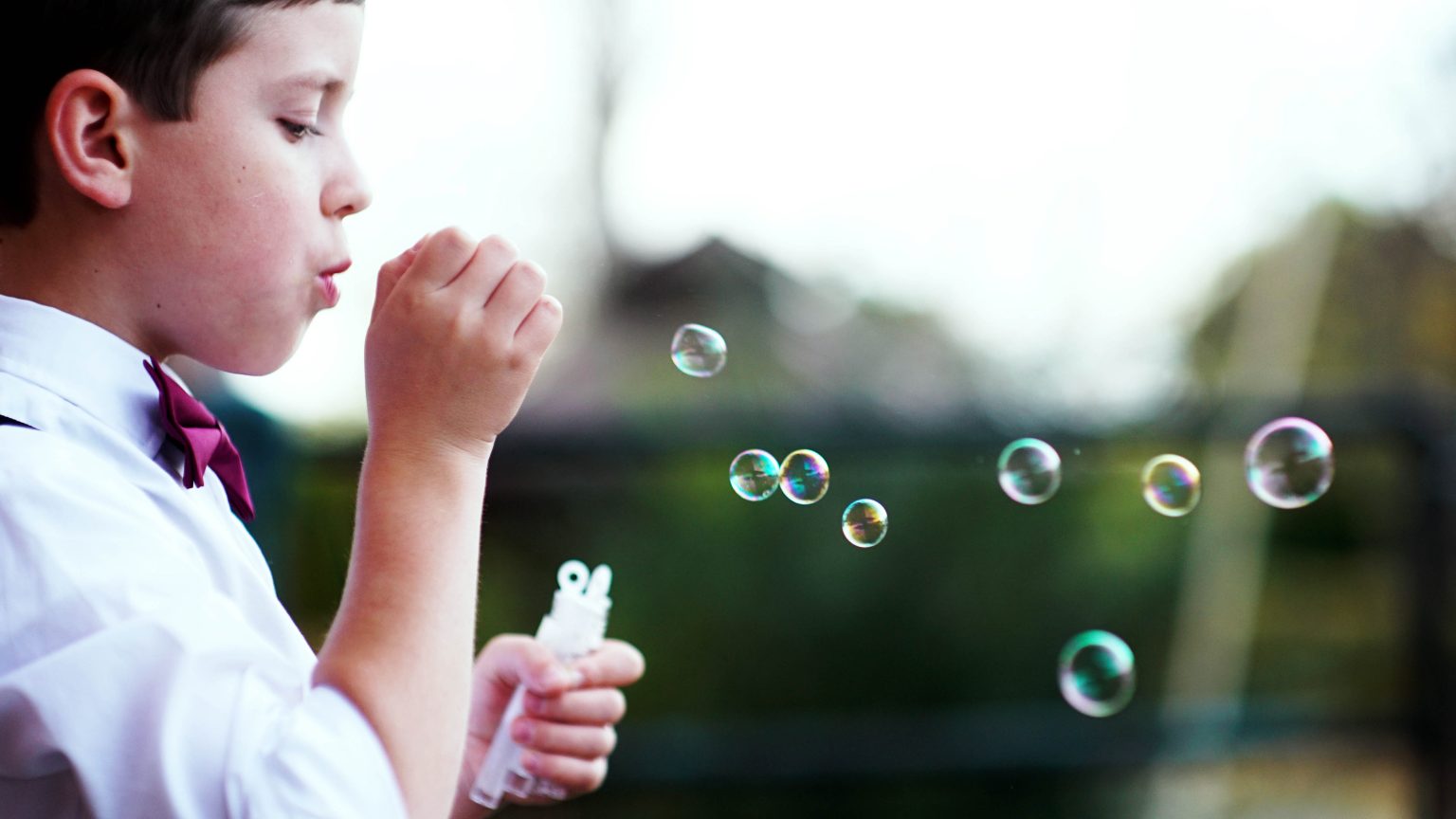The Challenge: At low points in our lives, we lose morale and inspiration.
The Science: Childhood memories re-inspire us.
The Solution: Conscious recreation of our childhood memories can bring us back on the right track.
Do you remember waking up in the morning as a child and just being excited to be alive? At every moment of the day, there was a new opportunity to learn and discover. We were excited by “impractical” things: trucks, blocks, kites, etc.… Now, however, as adults, we’re weighed down by our responsibilities and commitments. What’s more, now we find the interests of our youth irrelevant, childish, or a waste of time. Maybe they are, but the curiosity they satisfy and the happiness they bring are not. How can we use memories of our childhood, and not re-live them, to add more spice back into our lives? The secret is to remember how certain things or people made us feel and to bring those positive emotions to our stressful, hectic adult lives.
When the “Real World” Gets Tough, Remember Your Youth
As adults, we’re constantly chasing time. We have deadlines to meet, responsibilities to cover, and money to make. In bed at night, we wonder: why am I doing this to myself? The endless constraints make us lose morale, energy, and inspiration. There’s a term for that: burnout. Scientists call it a mismatch between unconscious needs and the demands of life. The combination of ignoring what we really want and our endless robotic attempts to meet the demands of adulthood leave us feel completely worn out.
Childhood is usually the happiest time of our lives. We had no worries then, and our only job was to be “kids.” We can’t be kids forever, but we can channel our childhood positivity and intuitive curiosity. Even if these traits got suppressed as you were growing up, you could bring them back to the surface with these 3 tips:
- Recognize the Nostalgia
Nostalgia is a strong desire to return in thought to some time, place, or feelings in your former part of life. The feeling of nostalgia can be applied to your childhood memories. There are times when we get tired of being adults and of all the responsibilities we face. That’s when we start feeling nostalgic, turning back to the happiest and carefree memories of our childhood. Research shows that the impressions of childhood happiness are closely related to social events. This means that you’ll remember the fact of having parties and special occasions, like birthdays, but you’ll hardly remember what you were feeling.
Ask yourself questions such as: how happy were you as a child? Observe your feelings when the memories arise. Do you feel happy about what you’ve become? Maybe you feel a little disappointed for growing up into a completely different person than you thought. If you recognize the nostalgia, you will understand that the life you have now is not as happy as you imagined before. And if that’s the case, it’s time to make some changes in your current lifestyle!
- Dig Deep to Discover Your Unconscious Needs
Imagine a guy who always wanted to be a scientist but took a job as a banker to make a lot of money. After a few years on the job, he’s burnt out from the cutthroat nature of Wall Street. And he pines for his childhood dream to work in a lab. He exemplifies a “mismatch.” His deep-seated desires conflict with the demands he faces at work. It would not be surprising to learn he’s in a state of mental, physical, and emotional exhaustion.
If you relate to this example, you can still change your situation! Your childhood memories can help you do that. Ask yourself: what did I want to become when I was a kid? Try to recall your earliest dreams about the future. Maybe they were innocent and maybe unrealistic. But they were closer to your real personality. If you can shift your career in a direction that’s similar to those early childhood dreams, you’ll be on your way to meeting your unconscious needs.
- Use those memories in the right way.
Your memories from childhood may serve as a moral compass. Harvard researchers showed that people were highly likely to exhibit ethical behavior like donating to charity after they recalled childhood memories. How does this work? The study shows that as a child you were morally pure. When those memories emerge to surface, they remind you that somewhere deep inside, you’re still that good person. That’s the kind of inspiration that will keep you going through life.
Science alone doesn’t argue that childhood memories can help us as adults. In closing, consider Dostoevsky’s words on the matter:
“You must know that there is nothing higher and stronger and more wholesome and good for life in the future than some good memory, especially a memory of childhood, of home. People talk to you a great deal about your education, but some god, sacred memory preserved from childhood, is perhaps the best education. If a man carries many such memories with him into life, he is safe to the end of his days, and if one has only one good memory left in one’s heart, even that may sometime be the means of saving us.”


